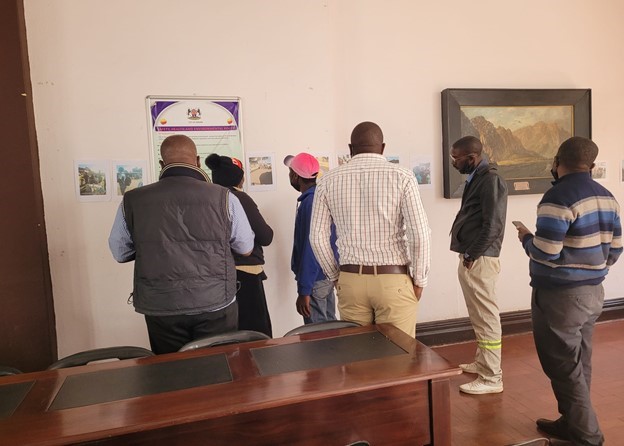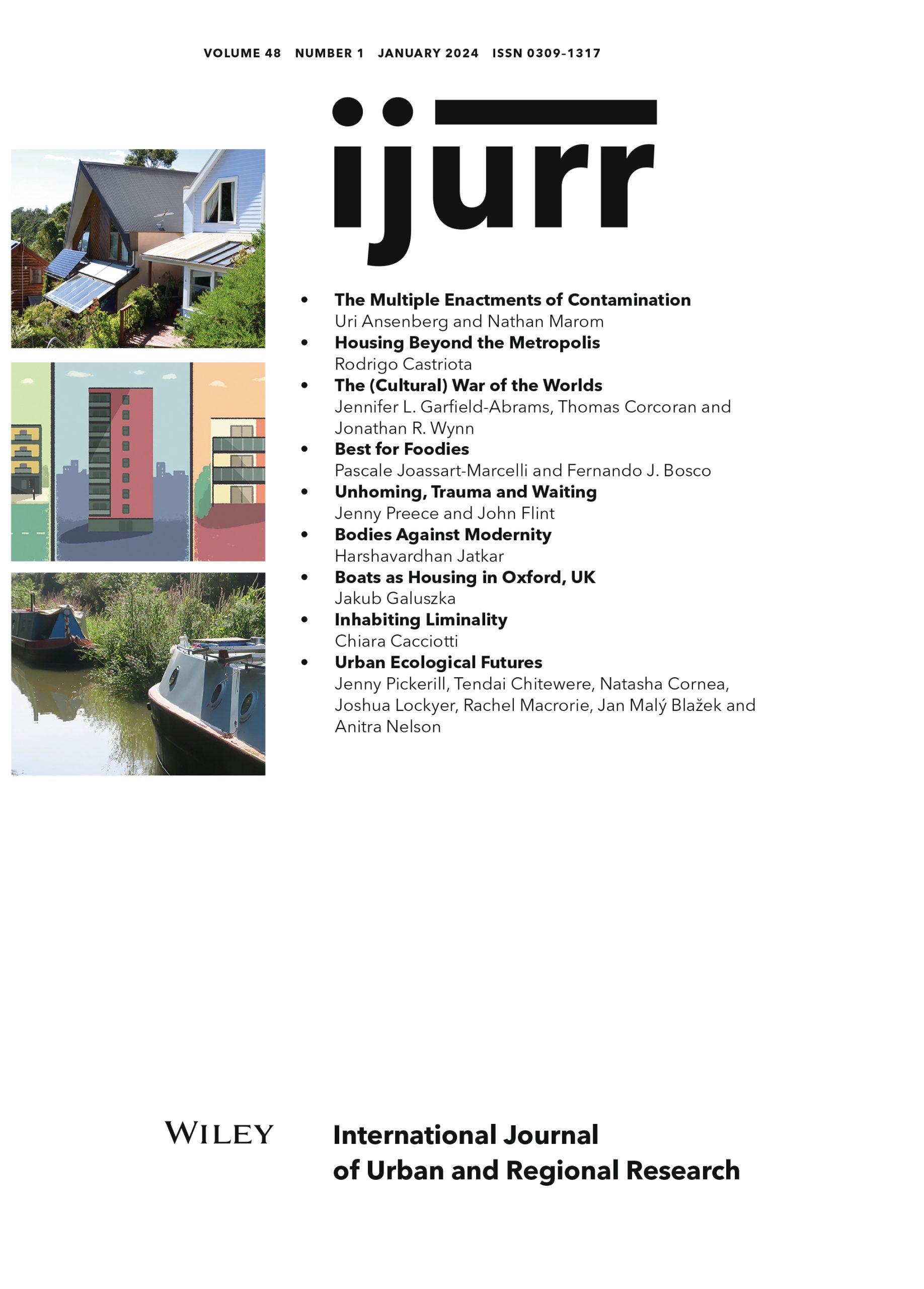In this blog, Elmond Bandauko discusses his fieldwork on urban governance and the spatial politics of street traders in Harare, Zimbabwe; funded by an IJURR Foundation writing up award in 2022.
I am Elmond Bandauko, a PhD Candidate and SSHRC Vanier scholar, pursuing a PhD in Geography at the University of Western Ontario, Canada. I am an urban geographer who is fascinated about urban governance and informal economies in global south cities, insurgent urbanism, sense of place, urban transformations, geographies of street trading in post-colonial cities among other topics. My work is published in reputable international journals such as Cities, Housing Studies, International Planning Studies, Urban Research and Practice, Land use Policy and Journal of Urban Affairs among others.
I was thrilled to be awarded the International Journal of Urban and Regional Research (IJURR) foundation PhD Studentship in 2022. The IJURR came at the time when I was preparing to conduct fieldwork for my PhD study focusing on urban governance and the spatial politics of street traders in Harare, Zimbabwe. Overall, my PhD study investigates how urban policies and practices in Harare are experienced, negotiated, and resisted by street traders in the struggle to survive under a hostile operating environment. I applied for the IJURR PhD Studentship to support my qualitative research with street traders in Harare. In this blog, I reflect on my fieldwork experiences from using participatory photovoice, a methodological I piloted with the support of the IJURR studentship.
The IJURR studentship enabled me to pilot new methods such as photovoice. Photovoice is an action research focused method which combines photography, critical dialogue, and narratives to highlight the experiences of marginalized groups and drive social change. Through, the support of the IJURR studentship, I was able to meet the field expenses associated with implementing photovoice such as purchase of basic smart phones for participants to take images, participant honorarium to keep them committed since the method requires sustained participant commitment as well as costs associated with dissemination (e.g., photo exhibition).
From this experience, there are different lessons which I gained using this method with street traders. My application of photovoice with street traders in Harare generated significant methodological benefits that are sometimes impossible to gain via conventional qualitative methods such as focus groups and interviews. Despite the complex challenges involved in the implementation of the photovoice method, the introduction of photographs to interview settings resulted in richer and more nuanced insights on street traders’ everyday experiences in Harare’s tightly controlled and contested public spaces (Bandauko & Arku, 2023). For instance, using photographs, participants were able to demonstrate how they appropriate public spaces in ways that challenge dominant modes of space production as envisaged by planners and other built environment professionals. Female participants were also able to demonstrate the gendered experiences of appropriating public space in Harare. Moreover, the photovoice method allowed me to uncover ‘under the radar’ strategies used by street traders use to appropriate space and pursue their livelihoods under repressive municipal enforcement. At the end of the photovoice project, participants told me how felt empowered by taking part in this activity since it offered them a rare opportunity to interact with policymakers and civil society leaders.
 Street traders sharing their experiences during a photo exhibition in Harare, Zimbabwe.
Street traders sharing their experiences during a photo exhibition in Harare, Zimbabwe.
Photo credit: Elmond Bandauko, 2022
The detailed discussion and insights on my fieldwork experiences with photovoice are captured in a paper I co-authored with my Supervisor, Dr. Godwin Arku, a leading scholar, and Professor of urban and economic geography at the University of Western Ontario. This paper is currently published in the International Journal of Qualitative methods (https://doi.org/10.1177/16094069231154437 ). Since receiving the IJURR studentship, I have been excelling in my academic journey. I have recently published two papers in top ranked journals (Land use Policy (https://doi.org/10.1016/j.landusepol.2023.106543 ) and Journal of Urban Affairs (https://doi.org/10.1080/07352166.2022.2150197), and I have several papers under review in leading international journals such as Gender, Place & Culture, Cities, Urban Affairs Review among others. These works add my impressive scholarly record of more than 26 peer reviewed papers, 25 book chapters and a co-edited book.
I am grateful to the IJURR foundation for supporting me as one of the emerging and promising researchers working on urban geography related issues in global south cities. As an early career researcher, I am proud to be part of a network of distinguished scholars in my field. I will continue to explore innovative methods and approaches to amplify the voices of the urban poor in global south cities. Through the IJURR alumni network, I have been able to connect with fellow scholars with similar interests. For instance, I am currently working on two papers (platform urbanism in Nairobi, Kenya and the other one Harare’ infrastructure crisis) with Brandon Finn (PhD, Urban Planning, Harvard University), University of Michigan. Brandon is also a 2020 IJURR foundation PhD studentship awardee and we are both passionate about issues of urban informality, spatial inequality, and critical urbanisms in global south cities. This is testimony of how powerful the IJURR foundation alumni network is.
Cited works.
Bandauko, E., & Arku, G. (2023). The Power of a Camera: Fieldwork Experiences From Using Participatory Photovoice. International Journal of Qualitative Methods, 22. https://doi.org/10.1177/16094069231154437
Elmond Bandauko, Department of Geography and Environment, University of Western Ontario, London, ON, Canada. [email protected]
Next: Reflections on Fieldwork Experiences in Mexico City and İstanbul
